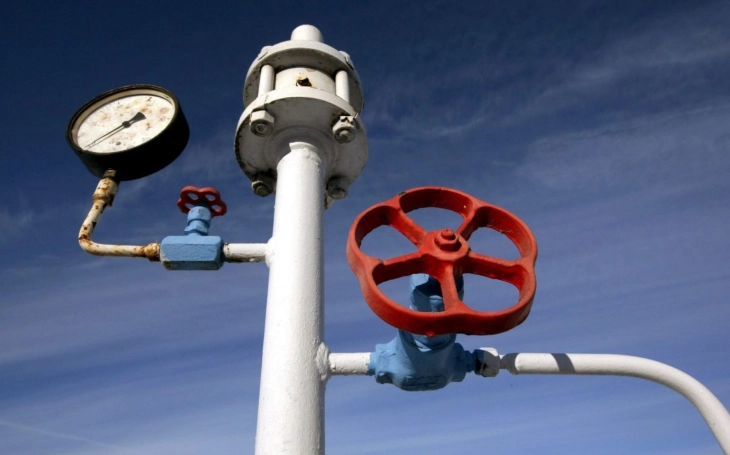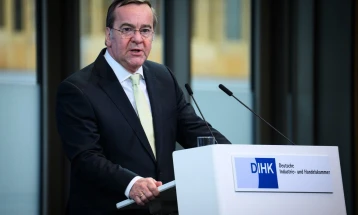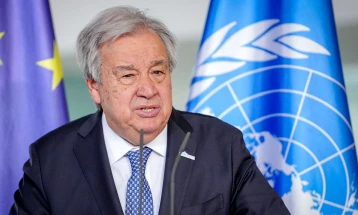Energy price crisis: Germany sets winter levy for gas users

Berlin, 15 August 2022 (dpa/MIA) - Energy bills in Germany are set to rise higher still later this year, after the announcement of a winter levy on gas for consumers.
The levy, set at 2.4 cents (2.45 US cents) per kilowatt hour - or nearly €500 per year for an average household - has provoked louder calls for another package of measures to shield people from the soaring cost of living.
High energy prices have become a dominant political topic in Europe's largest economy as it is hit like other countries by high inflation partly due to the war in Ukraine.
Dwindling gas supplies from Russia have exacerbated the problem for Germany, which had been highly dependent on Russian gas and oil.
The size of the levy was revealed on Monday by the so-called market area manager for Germany, Trading Hub Europe, a body set up by the various gas distributors in the country.
The charge is intended to help gas importers who are having to buy more expensive gas from suppliers outside Russia and are suffering huge losses.
Last month, gas importer Uniper was given a government bailout to keep it solvent.
Economy Minister Robert Habeck described the levy as a necessary "but by a long way not an easy step." Without it, security of supply could not be guaranteed, he said
It would be accompanied by a further package of measures to ease the financial burden on consumers, he said.
"Energy prices have risen enormously because of the Russian war [on Ukraine]. For those who do not have much themselves, it is a large burden that is heavy or impossible to carry," he said. Further "targeted measures" would be necessary to help, he said.
The opposition conservatives called the absence of a package of measures to help consumers on Monday as showing a "lack of respect."
The levy will formally come into effect from October 1, but is not expected to affect gas bills until November or December due to regulations protecting consumers from price changes. It will last until April 2024.
The higher levy on energy - which is precisely 2.419 cents per kilowatt hour and would come to an extra €484 for an average household using 20,000 kilowatt hours per year - is set to push inflation higher still.
The German government is planning to forego sales tax on the levy in order to cushion the effect for consumers, and has asked Brussels for permission to do so.
If sales tax is included the cost for an average household would rise to €576.
Habeck had told consumers prior to Monday's announcement that they should expect energy bill rises in the region of "several hundred euros per household."
Consumer rights groups called on the government the delay the introduction of the winter levy in order to clarify the sales tax question, among other issues, and for the government to agree on a package of cost-reduction measures.







